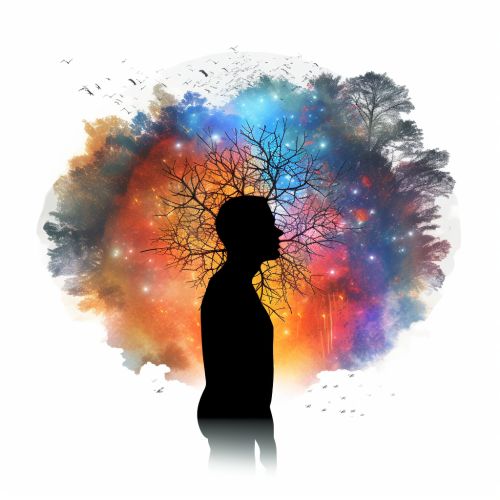The Science of Human Cognitive Ethology
Introduction
Human cognitive ethology is an interdisciplinary field that combines the study of animal behavior and cognitive processes in humans. This discipline seeks to understand how cognitive processes influence human behavior and how these behaviors have evolved over time. It involves the study of mental processes such as perception, memory, problem-solving, and decision-making, and how these processes influence behavior in various contexts.
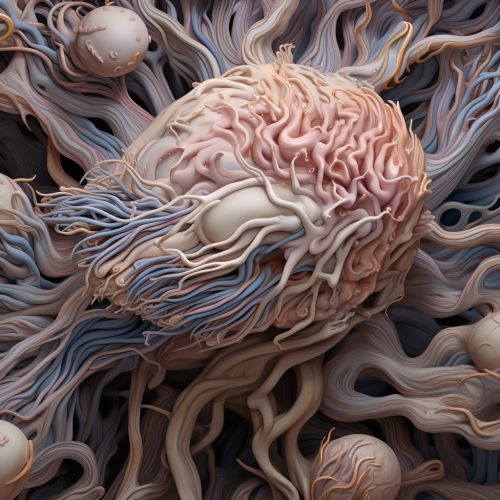
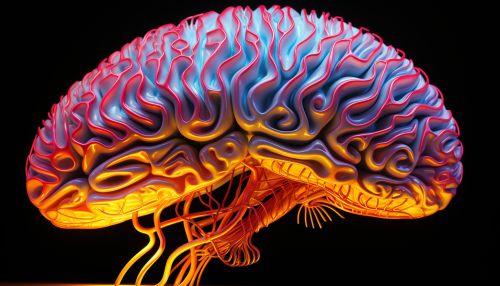
Cognitive Processes
Cognitive processes are the mental activities that people engage in when they process information. These processes include perception, memory, problem-solving, decision-making, and language. Each of these processes plays a crucial role in human behavior and is a central focus of study in human cognitive ethology.
Perception
Perception is the process of interpreting sensory information to understand the environment. It involves the recognition and interpretation of sensory stimuli based on the memory of past experiences. Perception is a complex process that involves several stages, including the detection of stimuli, the interpretation of the stimuli, and the response to the stimuli.
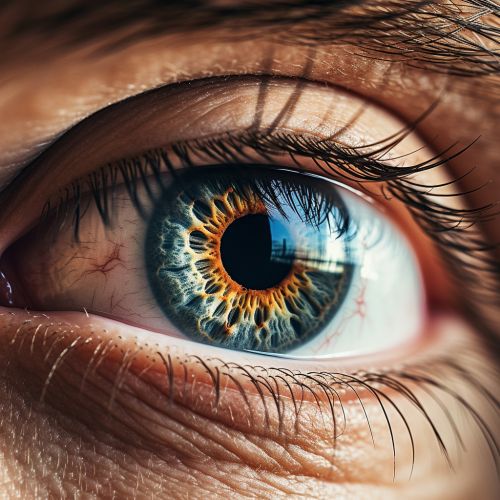
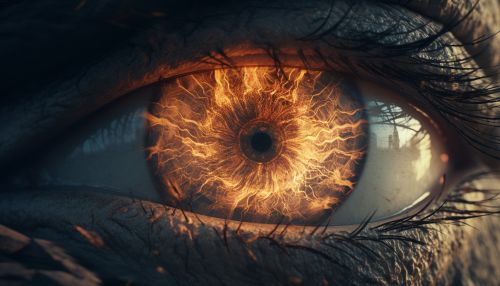
Memory
Memory is the cognitive process that allows individuals to encode, store, and retrieve information. It is a crucial component of cognitive processes as it enables individuals to learn from past experiences and use this knowledge to guide future behavior. Memory can be divided into short-term memory and long-term memory, each with its unique characteristics and functions.
Problem-Solving
Problem-solving is a cognitive process that involves identifying a problem, generating potential solutions, evaluating these solutions, and implementing the most effective solution. This process requires the use of several cognitive skills, including perception, memory, and decision-making.


Decision-Making
Decision-making is the cognitive process of choosing between different options or courses of action. It involves evaluating the potential outcomes of each option and selecting the one that is most likely to achieve the desired goal. Decision-making is a complex process that involves several cognitive skills, including perception, memory, and problem-solving.
Language
Language is a system of symbols and rules that individuals use to communicate with each other. It is a complex cognitive process that involves several stages, including the production of speech sounds, the formation of words and sentences, and the interpretation of these words and sentences by others.


Ethology
Ethology is the scientific study of animal behavior, with a focus on behavior under natural conditions, and viewing behavior as an evolutionarily adaptive trait. It involves the observation of animal behavior in their natural environment, the analysis of these behaviors, and the interpretation of these behaviors in terms of their adaptive significance.
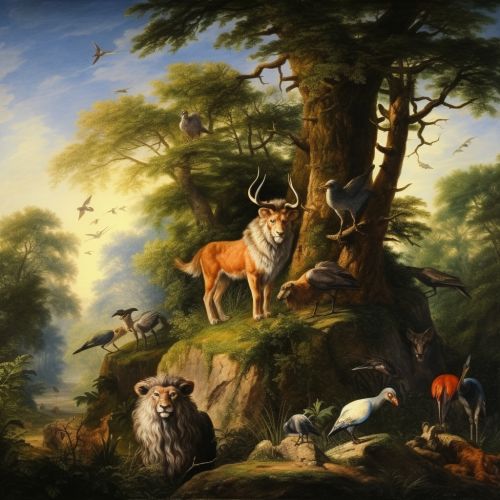
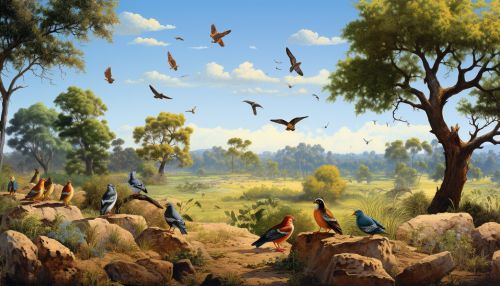
Human Cognitive Ethology
Human cognitive ethology combines the study of cognitive processes and ethology to understand human behavior. This discipline seeks to understand how cognitive processes influence human behavior and how these behaviors have evolved over time.
Evolution of Cognitive Processes
Human cognitive ethology examines how cognitive processes have evolved over time. This involves the study of the evolutionary history of cognitive processes and how these processes have shaped human behavior.
Cognitive Processes and Behavior
Human cognitive ethology also examines how cognitive processes influence human behavior. This involves the study of how perception, memory, problem-solving, decision-making, and language influence behavior in various contexts.
Adaptive Significance of Cognitive Processes
Human cognitive ethology also examines the adaptive significance of cognitive processes. This involves the study of how cognitive processes contribute to the survival and reproduction of individuals.
